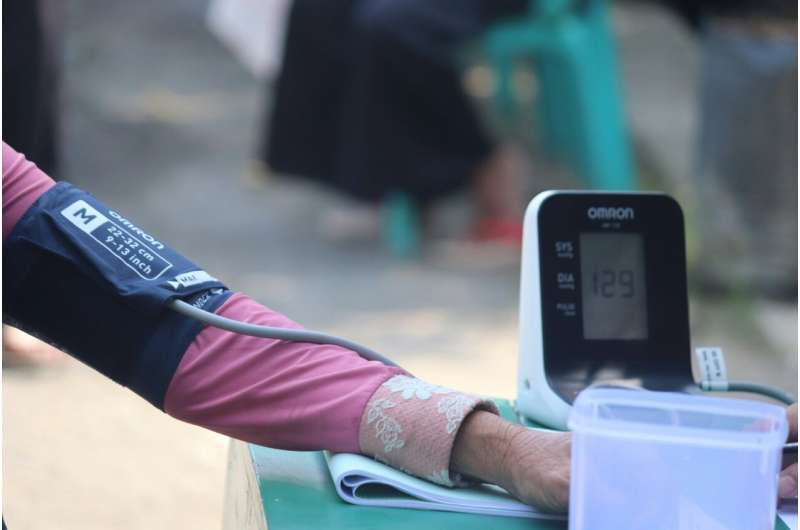Revolutionizing Cancer Immunotherapy: Cellular Toolkit Enables Reprogramming of Immune Cells

Researchers have identified key molecular tools that can reprogram ordinary cells into specialized immune cells, opening new possibilities for personalized cancer treatments and immunotherapy advancements.
An international team led by researchers from Lund University in Sweden has discovered key molecular tools capable of transforming ordinary cells into specialized immune cells. Published in the journal Immunity, this groundbreaking research may lead to more precise and personalized cancer immunotherapies.
The scientists have made significant progress in understanding how to harness the immune system to combat cancer. They mapped a genetic toolkit that instructs two powerful subtypes of dendritic cells—crucial sentinels in the immune response—to develop. Dendritic cells act as the immune system’s teachers, guiding immune responses to recognize and eliminate threats like viruses, bacteria, or tumors. Different subtypes of these cells activate distinct immune pathways, and customizing them could enhance targeted cancer treatments.
Despite knowing some transcription factors—proteins that regulate gene activity—researchers previously faced mystery surrounding how these factors work in concert to create diverse dendritic cell types. The team tested 70 transcription factors to see which could reprogram ordinary cells into dendritic cells. They identified two distinct toolkits capable of converting skin or cancer cells into specialized dendritic cell subtypes. Advanced genomic analysis showed that these factors influence different regions of the genome early in the process, ultimately determining the cells' fate.
"Our approach demonstrates that by cellular reprogramming, one cell type can be transformed into another. Specifically, we identified two combinations of factors that generate conventional type 2 dendritic cells and plasmacytoid dendritic cells," explained lead researcher Filipe Pereira. When applied in mouse models, these engineered dendritic cells triggered strong immune responses against cancers like melanoma and breast cancer, mimicking natural immune responses.
This discovery paves the way for future strategies where patients could receive dendritic cells tailored to their cancer type, potentially making immunotherapy more effective and personalized. Pereira emphasizes that improved dendritic cell engineering might also have implications beyond cancer, such as treating autoimmune diseases by reprogramming immune cells to promote anti-inflammatory responses.
Overall, the research provides a comprehensive blueprint of the immune system’s toolkit for dendritic cell reprogramming, offering new avenues for developing innovative treatments for cancer and immune disorders.
Source: https://medicalxpress.com/news/2025-08-immune-cellular-toolkit-reprogram-cells.html
Stay Updated with Mia's Feed
Get the latest health & wellness insights delivered straight to your inbox.
Related Articles
Living in Hurricane-Flooded Areas Increases Mortality Risk Among Older Adults by 9%
Living in hurricane-affected flood zones increases the long-term mortality risk for older adults, with a 9% higher risk observed up to five years post-disaster. Research highlights the importance of regional disaster preparedness and long-term health interventions for vulnerable seniors.
Endocrine Society Releases New Guidelines Advocating for Broader Screening of Primary Aldosteronism in Hypertension Patients
The Endocrine Society recommends broader screening for primary aldosteronism in hypertension patients to improve diagnosis and reduce cardiovascular risk. Learn about the updated guidelines and their significance.
New Study Challenges Link Between Contact Sports and Brain Protein Buildup in Aging Men
A groundbreaking Northwestern study finds no direct link between amateur contact sports and tau protein buildup in the aging brain, highlighting the role of normal aging processes in neurodegeneration.
Innovative mRNA Nanoparticles Reactivate Dormant HIV in White Blood Cells
Researchers have developed potent mRNA-lipid nanoparticles capable of reactivating latent HIV in white blood cells, offering a new avenue for HIV cure strategies. This breakthrough could help eliminate hidden viral reservoirs and move closer to eradicating HIV.



